About
This competition is brought to you by the Josef Ressel Center for Adaptive Optimization in Dynamic Environments
(adaptop.at).
The Josef Ressel Center for Adaptive Optimization in Dynamic Environments (JRC adaptOp) conducts research on methods
to meet the following challenges in dynamic production systems:

Uncertainties
In dynamic production systems, uncertainties occur frequently and, in addition, change over time.
For instance, when looking at operating personnel, not only does the expertise among individual operators vary,
it also happens that collectively among shifts the policies that each shift agrees upon differ. Moreover, a
change in policy can cause further deviations.
Disruptive Events
There are many examples of unforeseen events which require counter-measures. Some of these events might have severe
consequences, for instance failing to clear a continuous caster in time could cause the whole casting process to stop, which is
a very expensive scenario.
Limited Time
Time to react is short, but still good decisions need to be made. Additionally, available time also varies. A timely
uncritical situation might quickly turn into a stressful scenario, for instance when a few disruptive events follow each other.
Contact
Please use the e-mail address dynstack@adaptop.at to contact us regarding all aspects that concern the competition.
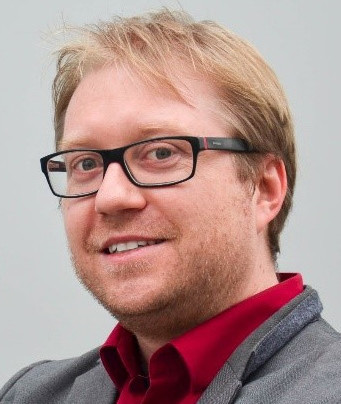
Andreas Beham received his MSc in computer science in 2007 and his PhD in engineering sciences in 2019, both from Johannes Kepler University Linz, Austria. He works as senior researcher at the R&D facility at University of Applied Sciences Upper Austria, Hagenberg Campus and is leading several funded research projects. Dr. Beham is co-architect of the open source software environment HeuristicLab and member of the Heuristic and Evolutionary Algorithms Laboratory (HEAL) research group led by Dr. Affenzeller. He has published more than 80 documents indexed by SCOPUS and applied evolutionary algorithms, metaheuristics, mathematical optimization, data analysis, and simulation-based optimization in industrial research projects. His research interests include applying dynamic optimization problems, algorithm selection, and simulation-based optimization and innovization approaches in practical relevant projects.
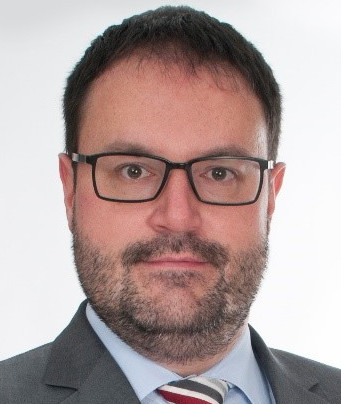
Stefan Wagner received his MSc in computer science in 2004 and his PhD in technical sciences in 2009, both from Johannes Kepler University Linz, Austria. From 2005 to 2009 he worked as associate professor for software project engineering and since 2009 as full professor for complex software systems at the Campus Hagenberg of the University of Applied Sciences Upper Austria. From 2011 to 2018 he was also CEO of the FH OÖ IT GmbH, which is the IT service provider of the University of Applied Sciences Upper Austria. Dr. Wagner is one of the founders of the research group Heuristic and Evolutionary Algorithms Laboratory (HEAL) and is project manager and head architect of the open-source optimization environment HeuristicLab. He works as project manager and key researcher in several R&D projects on production and logistics optimization and his research interests are in the area of combinatorial optimization, evolutionary algorithms, computational intelligence, and parallel and distributed computing.
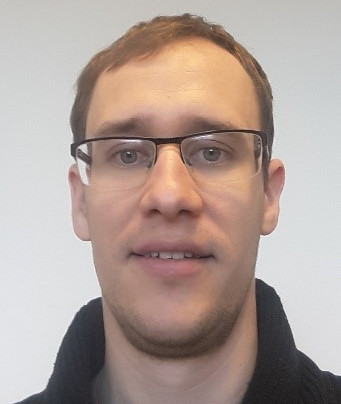
Sebastian Leitner (formerly Raggl) received his MSc in bioinformatics in 2014 from the University of Applied Sciences Upper Austria. He is currently pursuing his PhD at the Johannes Kepler University Linz, Austria. Since 2015 he is a member of the research group Heuristic and Evolutionary Algorithms Laboratory (HEAL) where he is working on several industrial research projects. He has focused on stacking problems in the steel industry for which he has acquired a lot of experience in the application domain, but also in the scientific state of the art.
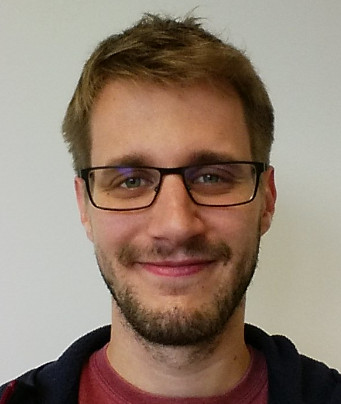
Johannes Karder received his master's degree in software engineering in 2014 from the University of Applied Sciences Upper Austria and is a research associate in the Heuristic and Evolutionary Algorithms Laboratory at the Research Center Hagenberg. His research interests include algorithm theory and development, simulation-based optimisation and interrelated optimisation problems. He is a member of the HeuristicLab architects team. He is also teaching in practical courses at the University of Applied Sciences Upper Austria, e.g. in the area of generative programming, parallel and distributed software systems, as well as tools in software development processes. He is currently pursuing his PhD in technical sciences at the Johannes Kepler University, Linz.
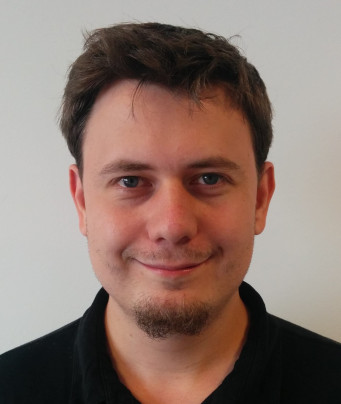
Bernhard Werth received his MSc in computer science in 2016 from Johannes Kepler University Linz, Austria. He works as a researcher at the R&D facility at University of Applied Sciences Upper Austria, Hagenberg Campus. Mr Werth is contributor to the open source software environment HeuristicLab and member of the Heuristic and Evolutionary Algorithms Laboratory (HEAL) research group led by Dr. Affenzeller. He has authored and co-authored several papers concerning evolutionary algorithms, fitness landscape analysis, surrogate-assisted optimization and data quality monitoring.